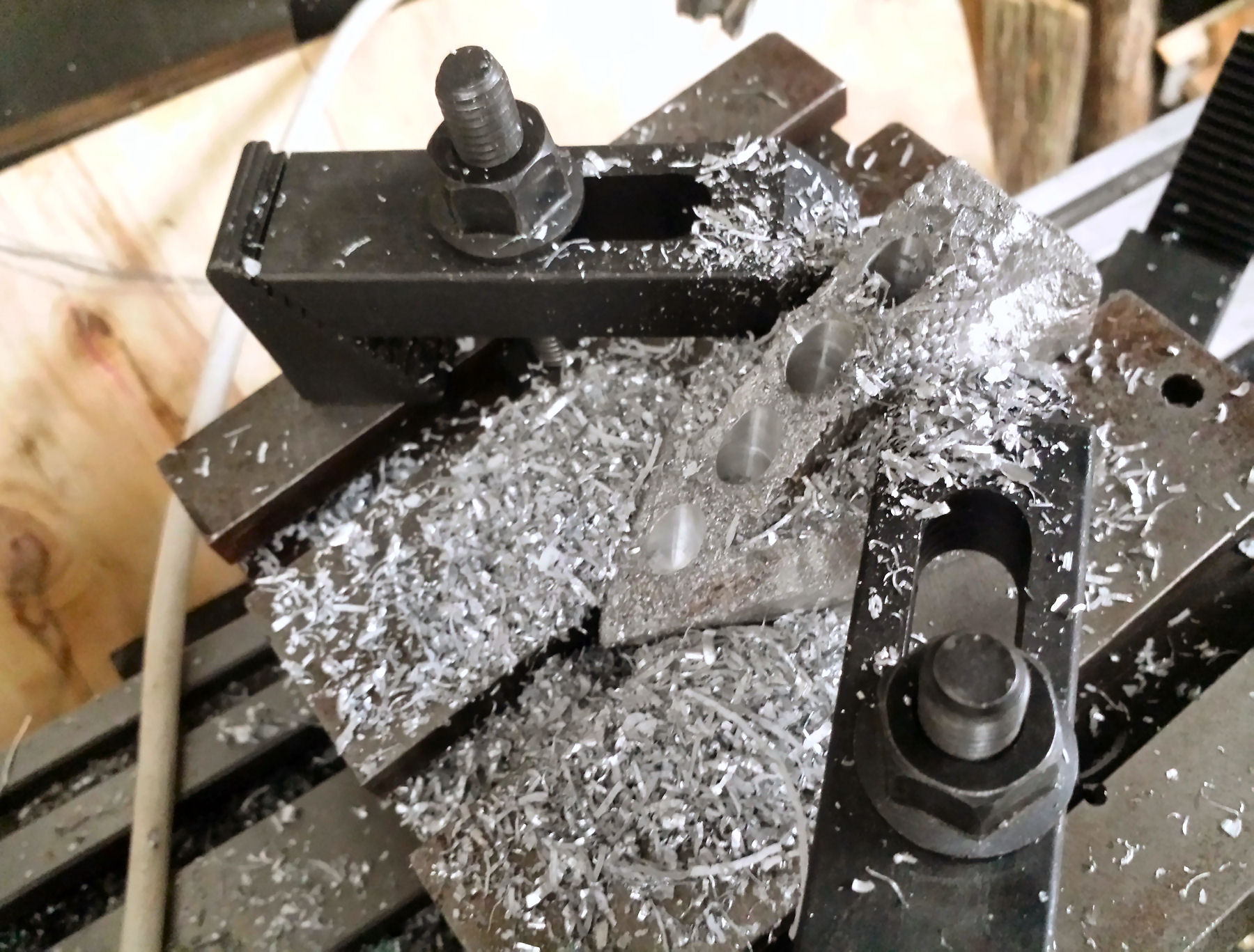Alcast Company - The Facts
Alcast Company - The Facts
Blog Article
The Definitive Guide to Alcast Company
Table of ContentsWhat Does Alcast Company Do?The 5-Minute Rule for Alcast CompanyWhat Does Alcast Company Mean?Alcast Company - QuestionsFacts About Alcast Company UncoveredThe Ultimate Guide To Alcast Company
Chemical Contrast of Cast Light weight aluminum Alloys Silicon promotes castability by reducing the alloy's melting temperature level and boosting fluidness during casting. In addition, silicon contributes to the alloy's toughness and put on resistance, making it valuable in applications where toughness is essential, such as automobile parts and engine elements.It likewise enhances the machinability of the alloy, making it easier to refine right into finished products. In this means, iron adds to the overall workability of light weight aluminum alloys. Copper boosts electrical conductivity, making it useful in electrical applications. It additionally enhances deterioration resistance and contributes to the alloy's overall stamina.
Manganese adds to the strength of light weight aluminum alloys and enhances workability. Magnesium is a lightweight aspect that gives stamina and impact resistance to light weight aluminum alloys.
The Basic Principles Of Alcast Company
It enables the manufacturing of light-weight elements with excellent mechanical buildings. Zinc improves the castability of aluminum alloys and helps control the solidification process throughout casting. It enhances the alloy's strength and firmness. It is usually discovered in applications where complex forms and great details are necessary, such as attractive castings and specific automotive components.

The key thermal conductivity, tensile stamina, return strength, and elongation vary. Select ideal raw materials according to the performance of the target item generated. Amongst the above alloys, A356 has the highest possible thermal conductivity, and A380 and ADC12 have the cheapest. The tensile limit is the contrary. A360 has the best yield stamina and the highest possible prolongation price.
Alcast Company for Beginners

In accuracy spreading, 6063 is appropriate for applications where detailed geometries and high-grade surface coatings are critical. Instances include telecommunication rooms, where the alloy's remarkable formability permits sleek and aesthetically pleasing layouts while preserving architectural honesty. In the Lighting Solutions industry, precision-cast 6063 parts produce stylish and effective illumination fixtures that require complex forms and excellent thermal performance.
The A360 shows superior elongation, making it perfect for complex and thin-walled components. In accuracy casting applications, A360 is appropriate for sectors such as Customer Electronics, Telecommunication, and Power Devices.
The smart Trick of Alcast Company That Nobody is Discussing
Its unique buildings make A360 a useful option for precision casting in these markets, improving item toughness and quality. Light weight aluminum alloy 380, or A380, is a widely used casting alloy with a number of distinctive characteristics. It supplies excellent castability, making it an excellent choice for precision spreading. A380 shows good fluidity when molten, ensuring complex and thorough mold and mildews are properly duplicated.
In precision spreading, aluminum 413 radiates in the Consumer Electronic Devices and Power Equipment markets. This alloy's exceptional corrosion resistance makes it an outstanding option for outside applications, guaranteeing resilient, long lasting products in the stated markets.
Some Known Details About Alcast Company
The light weight aluminum alloy you pick will considerably impact both the spreading process and the residential properties of the final product. Due to the fact that of this, you must make your decision very carefully and take an enlightened approach.
Establishing the most suitable light weight aluminum alloy for your application will certainly suggest evaluating a wide range of attributes. The initial classification addresses alloy characteristics that impact the manufacturing process.
The Only Guide for Alcast Company
The alloy you pick for die spreading directly impacts a number of facets of the casting process, like how easy the alloy is to collaborate with and if it is prone to casting flaws. Hot splitting, also called solidification breaking, is a common die spreading problem for light weight aluminum alloys that can result in interior or surface-level tears or cracks.
Particular light weight aluminum alloys are much more prone to hot fracturing than others, and your choice ought to consider this. One more typical defect discovered in the die spreading of light weight aluminum is die soldering, which is when the cast sticks to the die walls and makes ejection tough. navigate here It can damage both the cast and the die, so you ought to try to find alloys with high anti-soldering residential or commercial properties.
Deterioration resistance, which is currently a notable quality of light weight aluminum, can differ significantly from alloy to alloy and is an essential characteristic to take into consideration depending on the environmental problems your product will certainly be subjected to (aluminum metal casting). Use resistance is an additional property commonly sought in aluminum products and can distinguish some alloys
Report this page